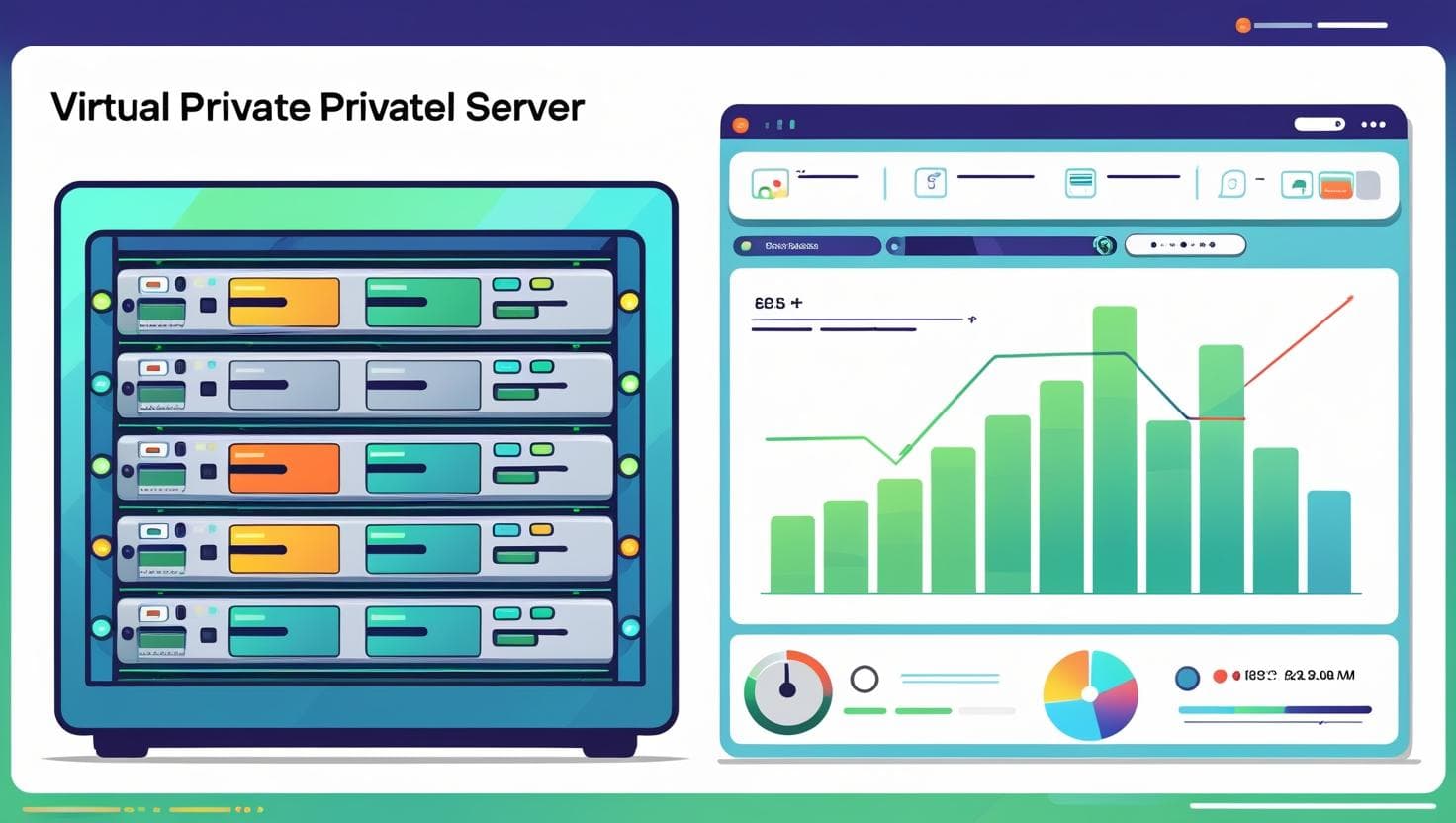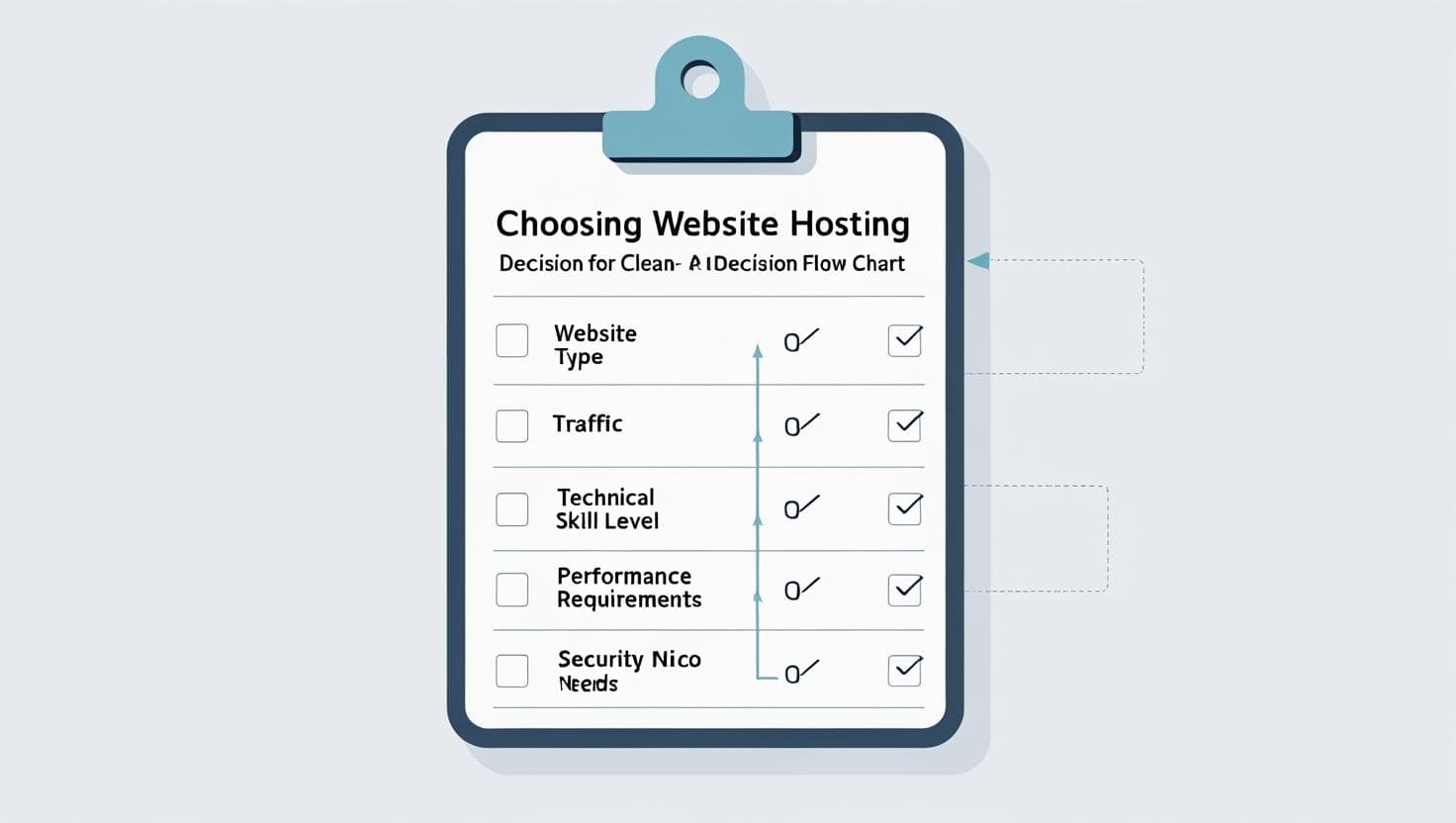

In today’s digital world, having a reliable web hosting service is crucial for any website. Whether it’s a personal blog, a business site, or an e-commerce platform, choosing the right type of hosting affects speed, security, and growth potential. In this comprehensive guide, we explore different types of web hosting, their pros and cons, and actionable tips to help you pick the perfect hosting solution. This article follows SEO best practices and is 100% AdSense-friendly.
Web hosting is a service that allows you to publish your website online. Think of it as renting space on a server that stores your website files and delivers them to visitors when they type your domain. To understand how hosting works with your domain, check our guide: How Domain and Hosting Work Together.
The right hosting ensures faster loading times, higher security, and better SEO. Poor hosting can result in slow websites, frequent downtime, and vulnerabilities — harming user experience and search rankings.
| Hosting Type | Description | Pros | Cons | Ideal For |
|---|---|---|---|---|
| Shared Hosting | Multiple websites share a single server | Cost-effective, beginner-friendly | Limited resources, slower speed | Small blogs, personal sites |
| VPS Hosting | Virtual private servers offer dedicated resources | More control, scalable, better performance | More expensive, technical knowledge needed | Medium-sized businesses, developers |
| Dedicated Hosting | Entire server dedicated to one user | Maximum control, high performance | Expensive, requires advanced management | Large businesses, high traffic sites |
| Cloud Hosting | Uses multiple servers to host sites | Scalable, reliable, pay-as-you-go pricing | Can be complex to manage | Growing businesses, e-commerce |
| Managed Hosting | Hosting provider manages all technical aspects | Hassle-free, expert support | More costly | Non-technical users, businesses |
Shared hosting means your website shares server resources like CPU, RAM, and bandwidth with other websites.

Personal blogs, small business websites, hobby sites, and beginner webmasters.
VPS hosting provides a virtual server environment within a shared physical server, giving you dedicated resources and greater control.

Growing websites, medium-sized businesses, developers, and tech-savvy users.
Dedicated hosting gives you an entire physical server exclusively for your website.

Large enterprises, high-traffic websites, and websites requiring custom server configurations.
Cloud hosting uses a network of virtual servers rather than a single physical server to host websites.

Fast-growing businesses, e-commerce websites, startups needing flexibility.
With managed hosting, the hosting provider takes care of all technical management including updates, backups, security, and support.

Non-technical business owners, agencies, and those wanting hassle-free hosting.


Shared hosting is the most affordable, perfect for beginners and small websites. Learn more here: Shared Hosting Guide.
It can be, but slower speed and downtime may affect SEO negatively.
Yes, most providers allow easy upgrades from shared to VPS or cloud hosting. Compare options: Shared vs VPS vs Cloud Hosting.
It’s a specialized managed hosting optimized for WordPress sites, offering enhanced speed and security.
Choosing the right web hosting is critical to your website’s success. Shared hosting works for beginners, VPS and cloud hosting suit growing businesses, dedicated hosting is for high-demand sites, and managed hosting offers convenience for non-technical users. Consider your needs, budget, and future growth before making a decision.